What is Anxiety?
What is anxiety?
Anxiety is a common human experience. It's that jittery feeling you get before a big presentation, the racing heart when you're in a tense situation, or the constant worrying about what might go wrong in the future. But anxiety is more than just everyday nerves; it's a complex and sometimes overwhelming emotion that can impact our lives in various ways. In this article, we'll delve into the world of anxiety, exploring its definition, types, symptoms, causes, and how to manage it effectively.
Defining Anxiety
Anxiety, in its simplest form, is a natural human response to stress or perceived threats. It's our body's way of preparing to confront or escape from a potentially dangerous situation. This "fight or flight" response is hardwired into our biology, and it served our ancestors well when facing physical dangers.
Types of Anxiety Disorders
However, not all anxiety is normal or helpful. Anxiety disorders are a group of mental health conditions characterized by excessive and uncontrollable worry and fear. Some of the most common anxiety disorders include:
Ø Generalized Anxiety Disorder (GAD): Persistent, excessive worry about various aspects of life.
Ø Social Anxiety Disorder (SAD): Fear of social situations and scrutiny by others.
Ø Panic Disorder: Sudden and intense episodes of fear and physical symptoms.
Ø Specific Phobias: Extreme fear of specific objects or situations.
Ø Obsessive-Compulsive Disorder (OCD): Intrusive, distressing thoughts and repetitive behaviors.
Ø Post-Traumatic Stress Disorder (PTSD): Flashbacks, nightmares, and severe anxiety following a traumatic event.
Common Symptoms of Anxiety
Anxiety can manifest in various ways, both physically and emotionally. Common symptoms include:
· Rapid heartbeat
· Shortness of breath
· Muscle tension
· Excessive worry or fear
· Restlessness
· Irritability
· Trouble concentrating
· Sleep disturbances
It's important to note that these symptoms can vary from person to person and may be more severe in those with anxiety disorders.
Causes and Triggers
Anxiety can have multiple causes and triggers, including:
· Biological Factors: Genetics and brain chemistry can predispose individuals to anxiety disorders.
· Environmental Factors: Stress, trauma, childhood experiences, and life changes can contribute to anxiety.
· Substance Abuse: Alcohol, drugs, and even caffeine can exacerbate anxiety symptoms.
· Medical Conditions: Certain medical conditions, such as thyroid disorders, can mimic anxiety symptoms.
The Impact of Anxiety
Left untreated, anxiety can have a profound impact on one's life. It can lead to a diminished quality of life, physical health issues, difficulties in relationships, and challenges in academics or the workplace. However, it's important to know that anxiety is a treatable condition.
Seeking Help
If you suspect that you or someone you know is struggling with an anxiety disorder, seeking help is crucial. Mental health professionals can provide a proper diagnosis and recommend effective treatments. These treatments may include therapy, medication, or a combination of both.
Coping Strategies
In addition to professional help, there are several coping strategies individuals can employ to manage anxiety:
· Relaxation Techniques: Deep breathing, mindfulness, and meditation can help calm anxious thoughts.
· Physical Activity: Regular exercise can reduce anxiety and improve overall well-being.
· Healthy Lifestyle Choices: A balanced diet and adequate sleep can positively impact mental health.
· Supportive Social Networks: Talking to friends and family or joining support groups can provide emotional support.
In summary, anxiety is a normal human emotion, but it can become overwhelming when it turns into an anxiety disorder. Understanding the different types, symptoms, causes, and available treatments is essential for managing anxiety effectively. Remember that help is available, and there are coping strategies that can make a significant difference in your journey toward mental well-being. Don't hesitate to reach out to a mental health professional if you or someone you know is struggling with anxiety. There's hope, and there's help.

